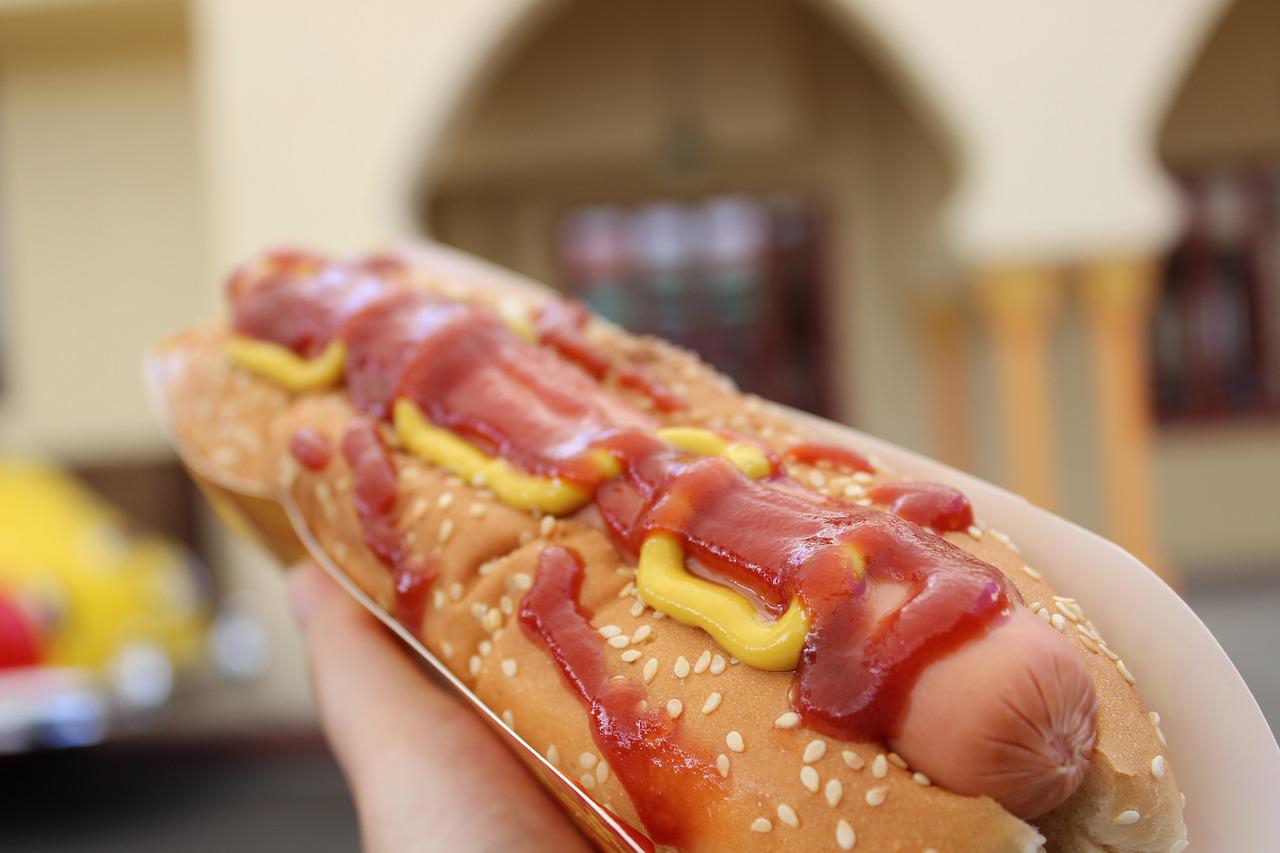Every business has some potential to face legal trouble. Unfortunately, food trucks bring several risk factors into play, with their own legal consequences. Food safety is a common area for a potential lawsuit, and a kitchen on wheels can be a hazard on the streets without a properly trained driver. Additionally, food truck employees are packed into an extremely small and chaotic working space. This invites the possibility of a workers’ compensation claim.
Protecting Your Food Truck from Legal Consequences
Navigating your food truck business away from legal consequences may seem like a daunting assignment. Follow the following steps that any truck owner can take to keep their business alive and well.
Food Truck Driver Safety
Commercial vehicles, in general, are far more difficult to operate than a personal vehicle, and often require a commercial drivers license. However, if a food truck is less than 26,000 pounds, then only a standard drivers license is required to drive the truck.
Allowing under experienced drivers to get behind the wheel of a food truck is an invitation for disaster, even if your food truck doesn’t require a commercial drivers license. Extensive training and controlled practice sessions should be mandatory for anyone who is going to be driving your food truck. If a food truck employee causes a car accident, the potential lawsuit would fall on the food truck company. Additional the employee could face individual legal consequences.
A car accident could be enough to put your food truck out of business. Taking steps to ensure that anyone who is going to drive your truck is adequately trained and comfortable behind the wheel is far better than facing a lawsuit for a commercial vehicle accident.
Food Truck Business Insurance 101
A food truck is a five-ton machine full of propane, gasoline, and other dangerous substances. Additionally, a food truck is a mobile business, which brings an extra level of complications for insuring your company. A food truck needs to possess these basics to ensure you are protected in the event of a lawsuit.
- Auto Liability. Trucks should carry at least a one million dollar auto insurance policy to protect themselves in the event of a car accident.
- General Liability. This covers customer injury, food sickness claims, allergic reactions, and other damage that is not auto related.
- Property Coverage. Auto liability will cover your truck, but it does not always cover everything that is in the truck. This policy will cover your kitchen equipment and any accidents related to running your truck, such as a fire or food.
- Workers’ Compensation. Most states require business owners to provide workers’ compensation. With all the potential for injury in a mobile kitchen, it’s essential for trucks to carry workers’ compensation insurance.
- Umbrella Insurance. An extra layer of insurance, this is acquired to protect against major liability claims. It might not be entirely necessary, but could prove to be essential is keeping your business from going under.
Each food truck will bring individual requirements for insurance. For example, food trucks are different than food trailers and each weight classification brings on different insurance needs.
It’s important to know specific regulations for your individual state and research policies that will be most beneficial to you. Some insurance companies will offer all the food truck related policies under one bundle, but it’s far more advantageous to shop around and create the best unique pairings for your truck.
Injury and Workers’ Compensation on Food Trucks
The employees of food trucks are at a considerably higher potential to get injured at work due to the chaotic environment inside a food truck. Workers risk burns, scrapes and cuts in the kitchen, and also face the potential of being injured in a car accident if they are in the truck while it’s moving. It’s important for food truck vendors to possess a workers’ compensation policy. It can truly protect them in the event of an accident.
An adequate workers’ compensation insurance policy will cover several things, including the medical expenses related to the employee’s injury, the legal fees for the business if the employee decides to pursue legal action, and also the lost wages of the employee if the injury prevents them from working.
Lawyer fees can be so costly that they can put a small business into a tight spot in no time. The number of employees who are looking to sue their employer seems to be increasing over time. Working in a mobile kitchen invites a greater chance of injury, even a minor incident can lead to a lawsuit. Covering your food truck with a sufficient workers’ compensation policy is essential to keeping your business performing healthily.
Legal Consequences
Anyone who wants to start their own business venture needs to be aware of the potential setbacks and losses that could come with running a business. Food safety alone brings a massive amount of regulations that a truck vendor needs to uphold in order to legally set up shop. Trucks must be properly licensed by their state and pass regular inspections to keep their business qualifications legitimate.
Legal consequences can come in the form of a fine, a lawsuit, or even a termination of your ability to run the business. The biggest piece of advice I can give a vendor is to extensively strengthen their insurance policies. There are countless ways that a mistake or accident can result in a business owner losing everything.
Strong insurance policies can create a financial safety net and give a truck owner a better ability to defend themselves in the event that issues arises. Food trucks face a great deal of possible problems. Preparation and precaution are essential, but there are no substitutes for proper insurance.
RELATED: Food Truck Insurance Articles
About the Author
 Jared Staver is a personal injury lawyer based out of Chicago, Illinois at Staver Law Group, P.C. Jared focuses primarily on vehicle accident injury cases and has nearly twenty years of experience within the Illinois legal industry.
Jared Staver is a personal injury lawyer based out of Chicago, Illinois at Staver Law Group, P.C. Jared focuses primarily on vehicle accident injury cases and has nearly twenty years of experience within the Illinois legal industry.




